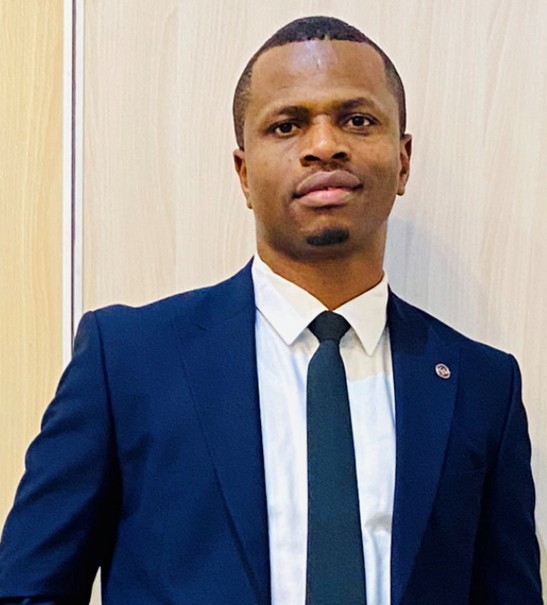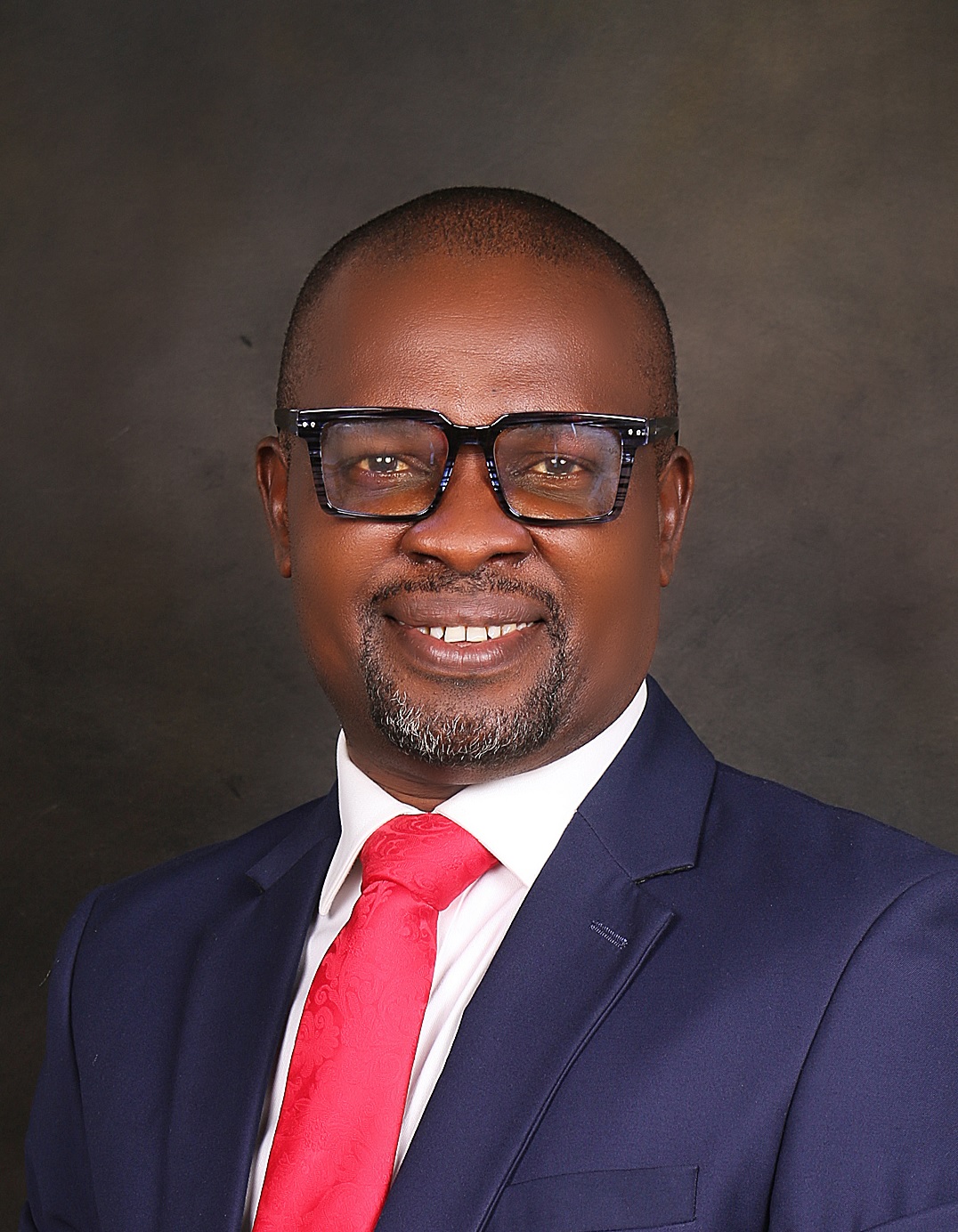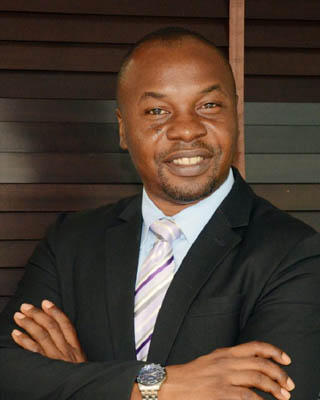The United Nations Development Programme defines capacity development as the process through which individuals, organizations, and societies obtain, strengthen, and maintain the capabilities to set and achieve their own development objectives over time.
It is an evolving approach to development
Capacity development starts from the principle that people are best empowered to realize their full potential when the means of development are sustainable – home-grown, long-term, and generated and managed collectively by those who stand to benefit.
For an activity to meet the standard of capacity development as practiced and promoted by Bell Oil & Gas for instance, it must bring about transformation that is generated and sustained over time from within. Transformation of this kind goes beyond performing tasks; instead, it is more a matter of changing mindsets and attitudes with agile and unique style. And it must be measurable. Not via some epistemological notion of rationalism but based on empirical evidence.
Growth in indigenous human capacity in the Nigerian oil industry since 2010
The policy paper on the growth of human capacity in the Nigerian oil industry was submitted to the Federal Government as far back as February 2005. And the whole idea was to drive the participation of Nigerians in the oil and gas industry, to begin to derive value from whatever activities are going on in the oil and gas industry in Nigeria. In that way, we can increase the employment from the industry and its support sectors – any skill that is developed in the industry can be used in any sector of the economy.
In terms of growth, we have seen the evolution and growth of a new breed of indigenous service companies, Exploration & Production (E&P) companies and Engineering, Procurement & Construction (EPC) companies which is unprecedented. These have been made possible largely due to the Nigerian content drive. We have also seen a wave of Nigerians in senior positions in IOCs, foreign EPCs and major international service companies operating in Nigeria, with most now having Nigerian Content Managers, something which again is unprecedented.
Nevertheless, the overwhelming consensus among employers is that too many graduates lack critical-thinking skills and the ability to communicate effectively, solve problems creatively, work collaboratively and adapt to changing priorities. In addition to these “soft skill” deficits, employers are also finding that many young people lack the technical, or “hard”, skills associated with specific jobs.
Here are a few factors experts have identified:
Inadequacy of Nigerian educational system: It is mind-boggling that the productive age of this country is awash with a degree of depravity in the country that seems to have heralded the emphasis on quantity instead of quality where academic learning should be per excellence. Poor funding by government is opined to have compromised technical education and research initiatives. When appropriate skill is lacking in any production system, it results in poor quality output, which undermines capacity building and sustainable development in any nation.
Lack of funds for indigenous companies: The oil and gas sector is capital intensive. Indigenous companies lack access to funds to enable them participate effectively and efficiently in this sector of the economy. The Fund established by NCDMB Act and managed by the Board should extend its hand to bailing out indigenous companies by operating a kind of revolving loan to indigenous companies to enable them actively participate in the oil and gas sector of the Nigerian economy.
Lengthy tendering process: The tendering process in the Nigerian oil industry is arguably the most cumbersome and lengthiest in the world. It appears even the introduction of the Nigerian Petroleum Exchange (NIPEX), which was developed You may wonder what this has to do with human capacity development. But the issue is that without tenders progressing in ample time, bidders end up despondent, discouraged and reluctant to invest further. And without the projects, the opportunities for capacity development dwindles. It is a vicious cycle.
Commitment by industry players: It is only when there is sincere and full commitment of all participants across the entire value chain of the Nigerian oil industry that true human capacity can be developed, nurtured and promoted. From major international and indigenous operators, right up to smaller service companies and regulators, a collective effort is required to tackle the nagging challenges of skills shortage in the oil industry.
Kayode Thomas
CEO









